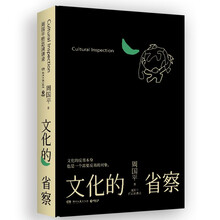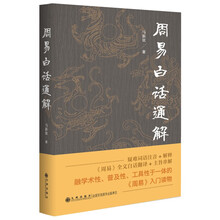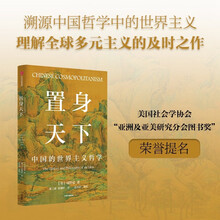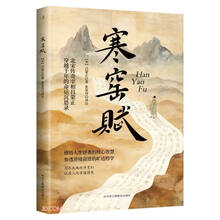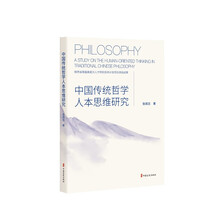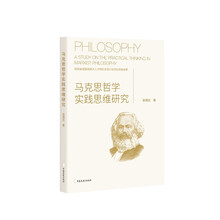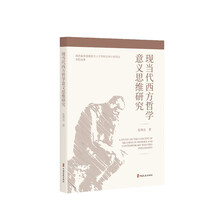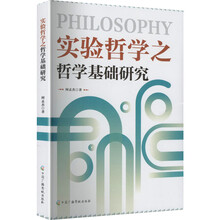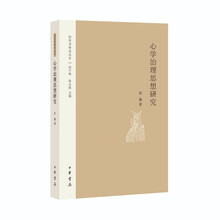When Pan Geng ascended the throne of the Shang Dynasty,the capital had been relocated five times.When King Cheng of Zhou ascended the throne of the Zhou Dynasty,the capital had been relocated three times.Did all these emperors decide to move the capital for their own benefit? They moved the capital either for the sake of expanding territory or guarding the center,all for the benefits of future generations.Their decisions to move the capital conformed to the mandate of tian and to the will of people.As long as it was good for the country and the people,it should be promulgated and implemented.The country became strong and the people became rich after capital relocation.The emperors of Dinh and Le Dynasties made the deasion to move the capital for their own benefits,regardless of the fates of people.As a result,people were tired and money was wasted,social unrest followed and the country collapsed.I hate it so much but have to move the capital.The former capital of King Gao,Dai La,is very appropriate,because the place is vast,flat and rich in products,with a favorable geographical location.There is no better place in the country.It is really a place leading to all directions and the capital ofimperial inheritance.So,I decide to move the capital to Dai La! What'syour opinion?
It can be seen that the disadvantages or advantages of not moving the capital and moving the capital are all based on the Confucian view of bringing people peace and administering the country.Ly Cong Uan grew up in a Buddhist temple and was a student of Buddhist Master Wanxing,so he knew a lot about Buddhism.However,his political strategies embodied strong Confucianism.Tran Canh (Tran Thai Tong) was the opposite of Ly Cong Uan.He didn't go from the temple to the capital,but came back to the temple from the capital because he was pessimistic about life.From the lith to the 14th centuries,most of the kings of the Ly and Tran Dynasties were Buddlusts.Taoism was also popular during this period,so a rare social ideology that "the three religions shared the same origin" at that time appeared.Several times,the court selected talents based on the knowledge of the "three religions:" It can be argued that the period "the three religions shared the same origin" in the four centuries is a unique period with social prosperity and multi-national culture in Vietnam's history.This is also a period of great intellectual and academic freedom."The same origin of three religions"means the peaceful coexistence of three religions,involving mutual cooperation and mutual exclusion.Buddhist Master Jiuzhi of the Ly Dynasty believed that Buddhism was superior to Confucianism and Taoism,because Confucianism and Taoism didn't solve the biggest issue oflife and death:
Confucius and Mozi fixated on "existence:' while Zhuangzi and Laozi fixated on "nonexistence:' Secular classics cannot provide a way to extrication.Buddhism doesn't discuss existence or non-existence,but can solve the issue oflife and death.
Buddhist Master Mouyi also said:
Confucianism deals with the ways of being emperors,ministers,fathers and sons.Buddhism has believers who are enlightened by hearing the Bodhisattva's teachings.However,no one but Sakyamuni can escape the pain oflife and death and the discussions of existence and non-existence.
Modern Confucianist Nguyen Deng Shu believes that the difference between Tran Confucianism in Vietnam and Song Confucianism in China lies in that the former does not exclude other two religions,while the latter does.
I think that Mr.Nguyen only sees the cooperation of the three religions in Vietnam but not their exclusion.China is an exception.Confuaanism has been the orthodoxy at least since the Han Dynasty.In history,no other academic thought can match Confucianism.In the Confucian cultural arcle,Confuaanism in countries such as Vietnam,Korea,Japan,etc.,will become the orthodoxy sooner or later.
In the Vietnamese Tran Dynasty,especially at the end of the dynasty,many Confucian masters attacked Buddhism,such as Le Van Huu,Pham Su Manh,Truong Han Sieu,etc.Le Van Huu in Lys Worship of Buddhism criticized Ly Thai To for spending too much materials and money on building temples.
……
展开


